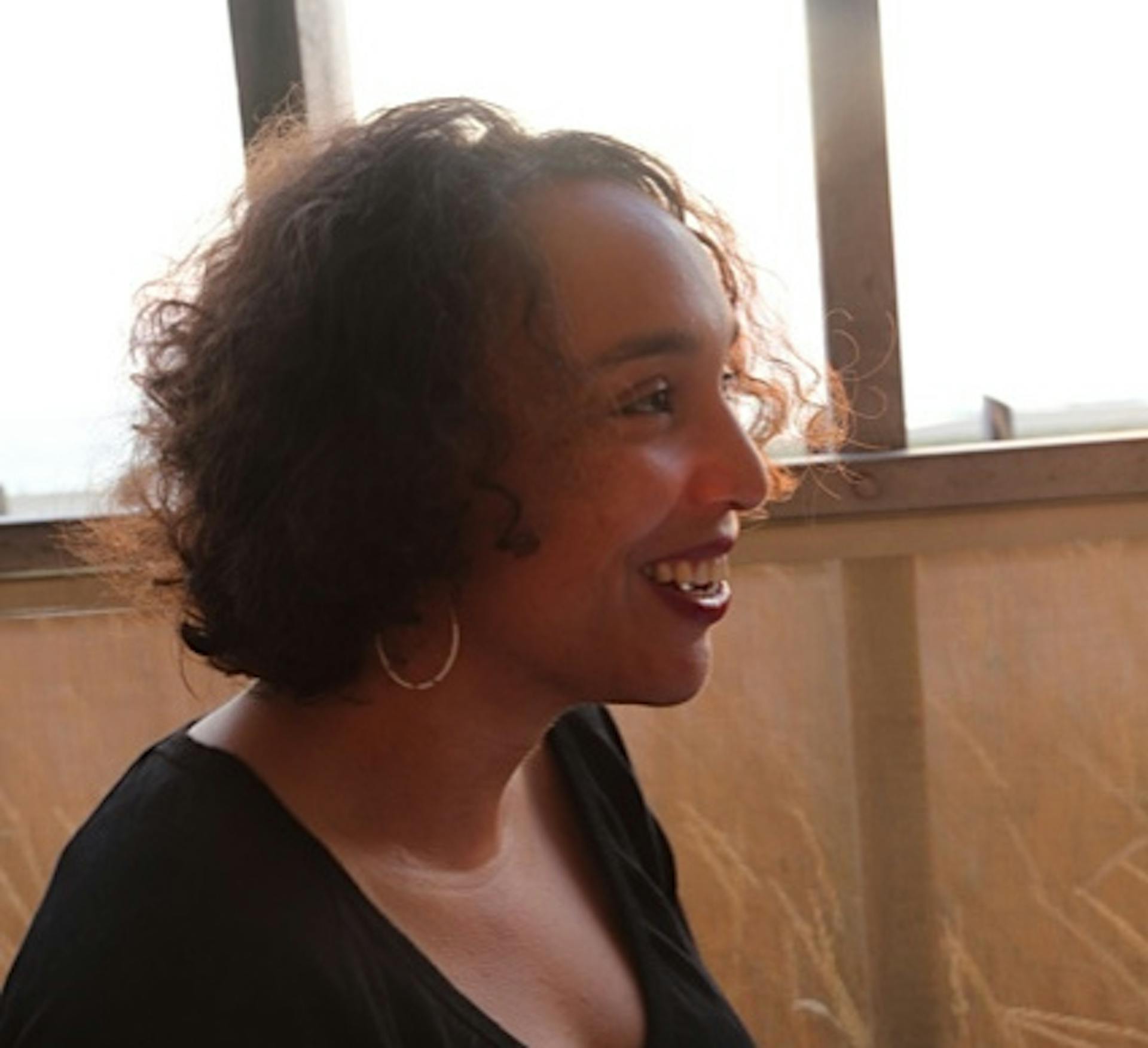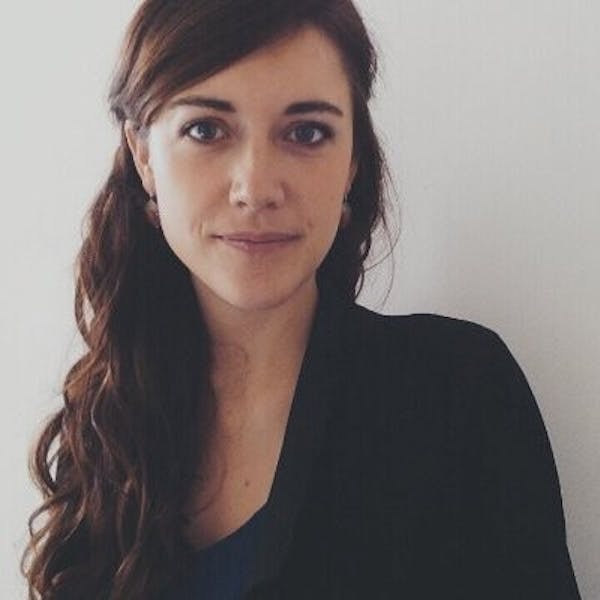Do not hesitate to interact with associations and NGOs
Tessa works in the photo department of the United Nations High Commissioner for Refugees (UNHCR). But she is also in charge of community management for the French-speaking public and agreed to answer our questions around: What is working in the social and solidarity web?
Did you choose to work in the web + social/solidarity? If yes, why ? Why is this important to you? What do you get out of it?
No, I did not choose to work in the social web, it was the social web that chose me. I arrived as an intern at UNHCR and one of my main tasks was to develop UNHCR's presence on Flickr and on certain social media in French (Facebook and Twitter). I admit that I immediately liked working on social media. I have learned a lot in recent years. I really like the instantaneous side of social networks, being able to interact with users, and above all the tone that we can use, which is often less formal than on more traditional media.
The superpower you need in your job?
It's not really a superpower, but I think you have to be able to juggle several platforms and several subjects at the same time.
According to you, training, skills, important qualities? What served you (old experiences, extra-professional experiences, others…) when you never would have imagined it?
In my case, what I use on a daily basis is my university education. I have a degree in international relations with a specialization in refugees. This allows me to be able to understand and explain the actions of the UNHCR. When I started 5 years ago, I didn't think social media could serve the mandate of the organization I work for.

Your best memory ?
My best memory is linked to a series of photos that we published in 2012. Photographer Brian Sokol traveled to several countries (South Sudan, Iraq, Burkina Faso) to report on refugees and our operations. Brian would meet the refugees and ask them the most important thing they fled with. While in Iraq, he photographed a little girl, Shikri, who told him that the most important thing she fled with was bracelets, but in fact the most important thing she owned was bracelets. It was her Nancy doll that she must have left behind in Syria.
This series of photos has been published in several countries around the world. A little girl in Thailand saw her and was extremely touched by this story to the point of breaking the bank and giving Shikri a new doll.
How are organized (in summary) your work, your days?
I don't really have a typical day. Every morning we have a meeting with the media team to take stock of what is happening in the world. The UNHCR operates in around a hundred countries, so it is important to send information back to headquarters. Then it depends a lot on what we are working on. If we are preparing a campaign or if we find ourselves in an emergency situation as is the case for Syria.
Every day is different, that's what makes my job interesting.
Any advice for those who would like to go this route?
A piece of advice, I would say that you have to be interested in everything and do not hesitate to interact with the associations and NGOs present on social media.
Links where to find you or to share?
On Twitter : @PetiteTessa and @Le_HCR
A superb reporting site to discover : http://tracks.unhcr.org
For further
You don't know where you are? 👉 Discover the 16 steps to succeed in your professional retraining
Are you looking for a meaningful job? 👉 Discover the latest job offers with a positive impact
Want to train? 👉 Discover the programs to develop your skills in the world of impact
